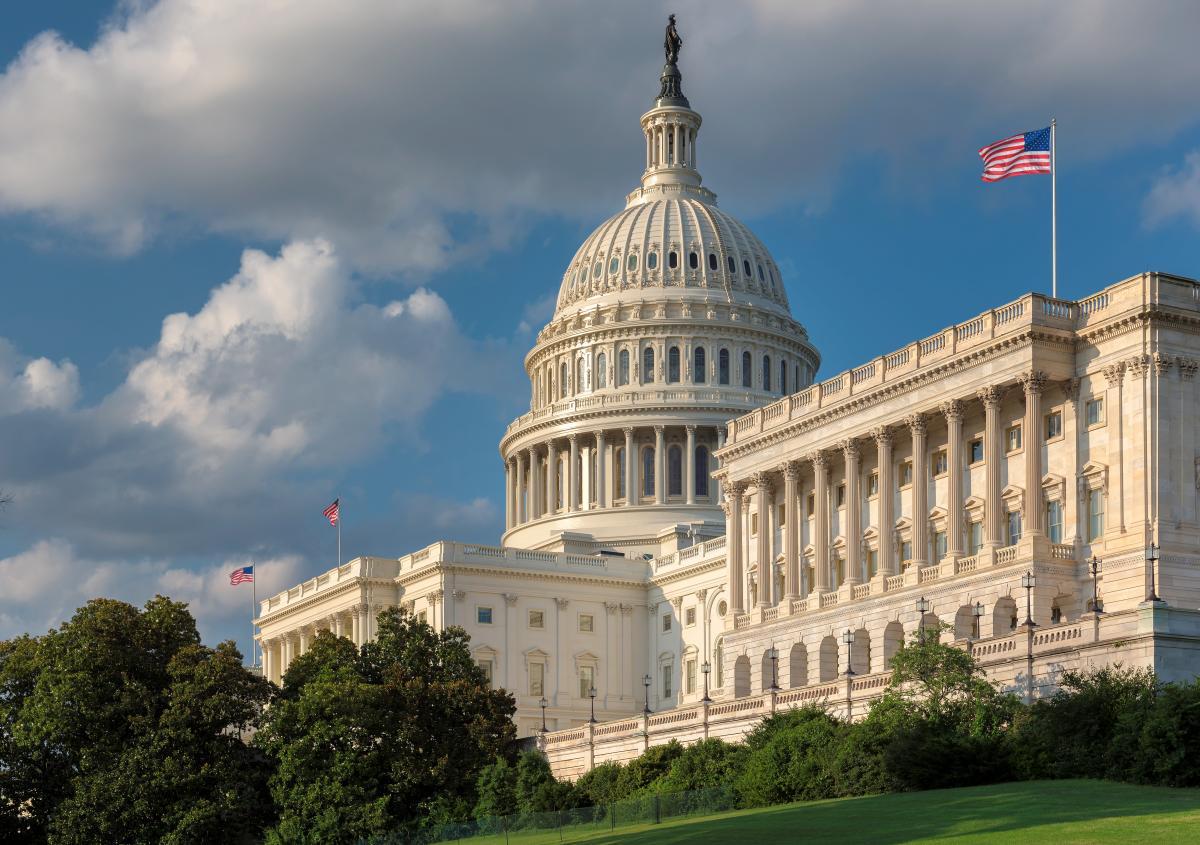 The SECURE Act, one of the most important bills concerning retirement security in many years, was front and center at the Oct. 20 Washington Update general session kicking off this year’s ASPPA Annual Conference.
The SECURE Act, one of the most important bills concerning retirement security in many years, was front and center at the Oct. 20 Washington Update general session kicking off this year’s ASPPA Annual Conference.
The Setting Every Community Up for Retirement (SECURE) Act’s sponsors hail from both major parties, including House Ways & Means Committee Chairman Richie Neal (D-MA), a longtime proponent of retirement security, as well as Ranking Member and former chairman Kevin Brady (R-TX). The bill — which the House of Representatives passed 417-3 on May 23 — has been mired in the Senate, its progress slowed in part by the objections of a handful of Senators over concerns that are unrelated to retirement policy.
Among the SECURE Act’s most important provisions is one that would create pooled employer plans, or open multiple employer plans (MEPs). Another provision is a requirement that long-term, part-time employees be eligible to participate in a qualified retirement plan, something ARA Director of Legislative Affairs Andrew Remo said is a special concern of Chairman Neal.
The SECURE Act also includes provisions identical to those in the Retirement Enhancement and Savings Act (RESA), such as extending the due date for adopting plans, including defined benefit plans, something American Retirement Association CEO and ASPPA Executive Director Brian Graff said “is going to be a big deal.”
Graff cited concerns that affected the provisions in the SECURE Act and outlined negotiations and discussions intended to strike a balance in the SECURE Act between varying concerns about MEPs. He also noted that it was important to the House that the measure be “paid for” — in other words, revenue-neutral.
“We’re still in the fight” regarding passage and enactment of the SECURE Act, said Remo. And, Graff remarked, “These days, anything can happen.” He noted that one way the bill could break out of the logjam would be for the SECURE Act to be incorporated into a larger legislative package along with other measures. It also is possible that the Senate could pass it by unanimous consent, or that it would debate and pass the bill on the floor with or without amendments. “We’re all optimistic that the SECURE Act will pass,” said ARA Chief Government Affairs Officer Will Hansen.
After that, said Hansen, “eyes turn to” the Retirement Security and Savings Act of 2019, also known as the Portman-Cardin bill. The “hallmark piece” of this bill, he said, is its provision that would expand the Saver’s Credit, which he anticipates will generate attention in hearings concerning the bill.
Financial Transaction Tax
Also before the Senate is legislation that would create a financial transaction tax that would be imposed on sales of stocks, bonds and derivatives. Several Democratic presidential candidates have proposed such a tax among their policy proposals. “The messaging is that this is a way to hit Wall Street,” remarked ARA General Counsel Allison Wielobob.
One special concern is that, unlike previous such proposals, this time they would not exempt retirement plans from the tax. Graff indicated that the degree of concern over the matter depends on the results of the election; Hansen expressed hope that retirement accounts will not be affected by such a tax.
One Bad Apple Regs
Turning to regulatory matters, Wielobob noted that the IRS and Treasury issued proposed regulations July 3 that would provide an exception to the “one bad apple” rule for certain MEPs. She noted that the ARA had submitted a letter to the IRS on the proposal, centered on administrative simplification. Wielobob also said that the Department of Labor (DOL) is “casting aside old guidance and taking a fresh look” at association retirement plans. And the panel noted that the DOL is expected to release fiduciary guidance, as well as some kind of guidance on missing participants.

